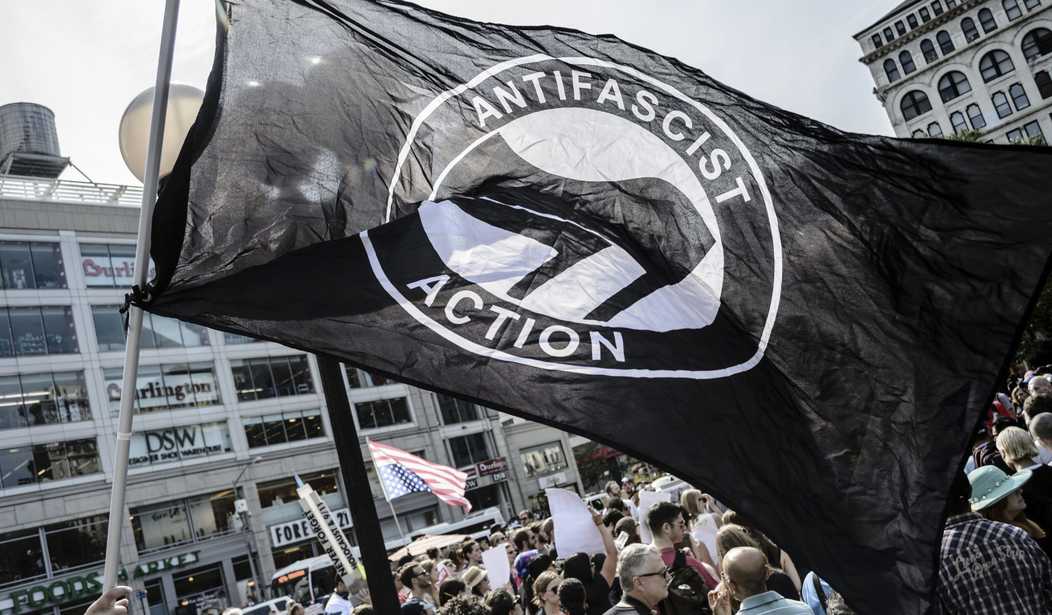In January of 2017, when the political controversy over Donald Trump’s perplexing win over Hillary Clinton in the 2016 national election was at its peak, my professor began his political psychology course by asking the lecture hall the following: “How many of you wish Hillary had won the election?” The question was voluntary, yet nearly every hand in the room shot up. “Okay, and how many of you supported Trump winning the election?” The room was quiet as not a single hand was raised, followed by a few chuckles. “Next, how many of you feel that liberals are safe walking across campus expressing their political views?” Every hand once again went into the air. “And how many of you feel that conservatives are safe to walk around campus expressing their political views?” The room filled with laughter as nobody raised their hand.
While most thought little of the exercise, this was one of the most frightening experiences I’ve had throughout my academic career. Here was an entire lecture hall of young adults laughing at the recognition of political suppression at a university founded on the principles of free thought and discourse.
Ironically, one of the main subjects of the course was authoritarianism: a personality largely characterized by psychologists in the post-World War II and early Cold War era as believing in absolute obedience to authority, and in administering that obedience through the oppression of one’s subordinates. The most obvious example is Adolf Hitler and the Nazi regime. They used their power to create a society of strict obedience and hierarchy while executing anyone who deviated from Hitler’s standards for the Aryan race. There are many aspects to authoritarianism, but the unifying component is authority. For this reason, when one thinks of an authoritarian, one typically thinks of a government or organization with a concrete authority figure, such as North Korea and Kim Jong-un, the Ku Klux Klan and William Simmons, or al-Qaeda and Osama bin Laden.
In an attempt to quantitatively measure authoritarianism, Theodor Adorno — one of the first psychologists in the field of political psychology — created the F-Scale in 1947, a questionnaire that would give individuals a self-reported number that correlates to how authoritarian his or her personality is. With “F” standing for “fascism,” the questionnaire addresses nine characteristics, including:
(1) Conventionalism, or how adherent one is to conventional, middle-class values;
(2) Authoritarian aggression, meaning the tendency to reject, condemn, and punish those who violate the conventional norms;
(3) Destructiveness and Cynicism, that is, vilifying humans and holding a respective hostility; and
(4) Power and Toughness, meaning having a preoccupation with the dominance-submission mindframe and asserting an exaggerated degree of strength and toughness.
The problem with such an operant definition is that while it quite accurately captures the existential white supremacist — that is, the individual who comprises the societal majority, subscribes to an in-group hierarchy, vilifies minorities, and seeks to attack outsiders for their societal non-conformity — it entirely misses those who are fundamentally rebelling against the conventions and authorities of society.
I find no example to better illustrate this than Antifa, the self-proclaimed “anti-fascist” group of militant left-wing protesters that often uses violence and intimidation against those whom they consider to be the “far-right.” In 2016, under President Obama’s administration, the Department of Homeland Security deemed the group to be “anarchist extremists,” and nothing captures the incongruity of Antifa’s belief system quite like their perpetual calls to violence. Dressed entirely in black and hiding their faces behind bandanas, the organization has a history of attending conservative rallies, protesting right-wing speakers, and stalking Trump-supporters on the street, all with the aim of harassment and physical confrontation.
In August of 2017, the group attended a “No to Marxism in America” rally at the Martin Luther King Jr. Civic Center Park in Berkeley, California, and beat peaceful protesters with clubs, pepper-spray, and homemade shields. In August of this year, members attended the white nationalist “Unite the Right 2” rally in Washington, D.C., and threw eggs and water bottles at protesters. They later launched fireworks at police officers. Two months ago, the group damaged and spray-painted the Metropolitan Republican Club in New York City, leaving a note that read in part: “Our attack is merely a beginning.” Most disturbingly, Antifa has violently attempted to stop conservative speakers such as Ben Shapiro and Milo Yiannopoulos from speaking at the University of California, Berkeley over the past two years. With several arrests made in both instances, the speakers each required upwards of $600,000 in security expenses in order to safely speak at the public university.
The almost laughable aspect of Antifa is that these radical individuals are self-righteously convinced they are fighting fascism when in reality they are the only fascists in the room.
So the question becomes: Can we redefine authoritarianism to include a cohesive group of non-conformists? I would contend that a much simpler and more fundamental definition of authoritarianism would be: The belief that one’s values are superior to the values of others and that one’s beliefs can therefore be ethically imposed upon those with inferior morals. Such a definition captures the appalling mentality that allows Nazis to commit genocide, KKK members to lynch their fellow citizens, and Antifa members to attack those promoting ideas different than their own. While the actions of the above groups are clearly not equivalent in severity, the root of the evil is one and the same.
More so, I would argue that the evil inherent to a mindset of a group such as Antifa is far more dangerous than traditional, historical authoritarianism. The historical authoritarian inevitably collapses when the leader falls. But how does one kill a belief system? No different than the Crusaders who marched across Europe massacring for two centuries in the name of their beliefs, so too I think we will find Antifa to be a more pervasive problem ingrained in this society that will not simply go away with the death of a leader.
Less dramatically on the spectrum are those who might not be violent but nonetheless display authoritarian personalities. Many on the Left often tout that they are tolerant of others’ ideas and viewpoints, but all too often they are only tolerant when said viewpoints fall within the liberal spectrum. The clearest example of this is with regard to the conservative notion of border control, for which the conversation ends when the conservative is called a racist rather than have his beliefs challenged with evidence. This is obviously not always the case, but for those presenting conservative ideas to be rebutted with being called Nazis (and a variety of other expletives) leaves little room for political discourse.
The real solution on the part of political psychologists is to develop a single scale that measures authoritarianism on both ends of the spectrum. Much like the sliding pH scale in chemistry in which 7 reflects a neutral substance, 0 reflects the most acidic of substances, and 14 reflects the most basic of substances, so too a system could be developed in which a positive defection reflects right-wing authoritarianism while a negative deflection reflects left-wing authoritarianism. I wouldn’t want to stick my hand in a bucket of drain cleaner (pH = 14) any more than I would a bucket of battery acid (pH = 0), and so too both extremes of authoritarianism are equally caustic to society. Thus, the only impartial system for researchers in the field is to create a single scale for both right- and left-wing authoritarianism.
At the end of the day, what we must realize is that the authoritarian personality falls on a two-way spectrum, and just as authoritarianism has always existed on the right, so too it exists on the left. As such, we as a society need to be cognizant of its expression, be it in the form of physical violence or in simply laughing at the political suppression of those with whom you disagree. On a larger scale, we owe it to our country to keep extremists from taking over our political factions. Liberals are responsible for condemning Antifa no less than conservatives are for rejecting the hate speech of white supremacists. If there is one lesson that can be taken away from the recognition of the existence of left-wing authoritarianism, it should be that a little introspection on both sides of the aisle might be just what our democracy needs today.









Join the conversation as a VIP Member